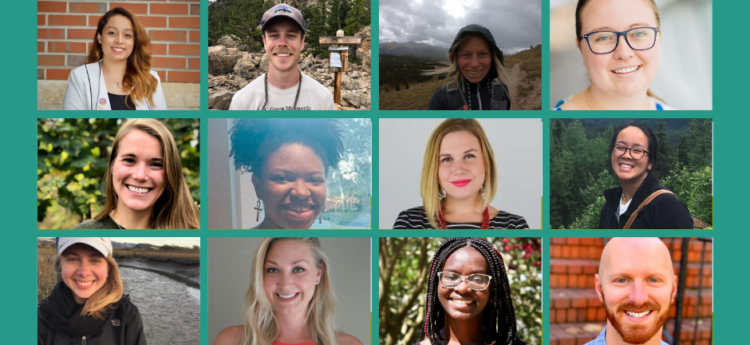Welcome our newest cohort of Community Science Fellows! As part of our Science, Policy, and Engagement Cohort (SPEC) sponsored by the Moore Foundation, this outstanding group will guide community science projects in partnership with community leaders and scientists across the U.S. with a special focus on media and policy engagement.
Meet the Fellows!
Thriving Earth Exchange Community Science Fellows are current and future leaders in the community science movement. After being matched with a local community, each fellow is responsible for guiding a community science project from idea to impact. This includes getting to know the community, identifying ways science can advance community goals, recruiting partner scientists, managing and supporting the project, and helping to share the team’s story and impact. Fellows serve in a volunteer capacity for a period of 6-18 months. AGU has been awarded a grant from the Gordon and Betty Moore Foundation to develop a new project, “Building an Enduring Grassroots Constituency for Science,” that will create science-community partnerships in eight* communities across the United States. Fellows selected for the 2020 “Science, Policy, and Engagement” Cohort will support community-science partnerships that advance local priorities and engage with public audiences, media, and decision makers.
*In the wake of COVID-19, Thriving Earth Exchange has redesigned the cohort to accommodate a greater number of Fellows and communities. Rather than 8, we will be working with a total of 17 communities across the US!
Michelle Bailey
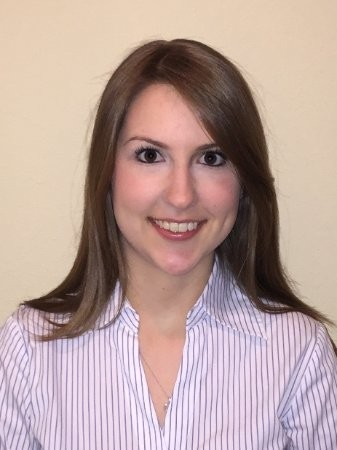
Michelle Bailey is a Research Chemist at the National Institute of Standards and Technology in Gaithersburg, Maryland. Her research focuses on development and implementation of optical diagnostic techniques for atmospheric trace-gas detection. While completing her doctoral degree at the George Washington University, she championed three field campaigns in Fairbanks, Alaska to investigate carbon feedbacks above thawing permafrost and worked with local government and education officials to deploy low-cost carbon dioxide sensors within Washington, D.C. Her current research explores the use of broadband frequency comb spectroscopy for precision measurements of nitrous oxide in static and dynamic environments. Outside of the lab, she participates in scientific advancement efforts through co-organizing technical sessions at international and domestic meetings, volunteering at regional STEM events, and serving on the Board of Directors for a non-profit organization geared towards supporting undergraduate and graduate students pursuing STEM degrees.
Laura Bartock
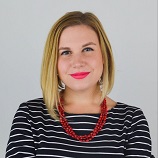
Laura Bartock is a Program Associate in RESOLVE’s Washington, D.C., office, where she convenes and facilitates multi-party dialogues and consensus processes. Laura provides project coordination, communications management, in-depth research and writing, and strategic planning for a variety of projects. Her work focuses primarily on collaborative ecosystem stewardship, natural resource management and conflicts, and energy and climate change issues. Laura holds a Master of Science, Environmental Communication and Participatory Processes from the State University of New York College of Environmental Science and Forestry.
F. Garrett Boudinot
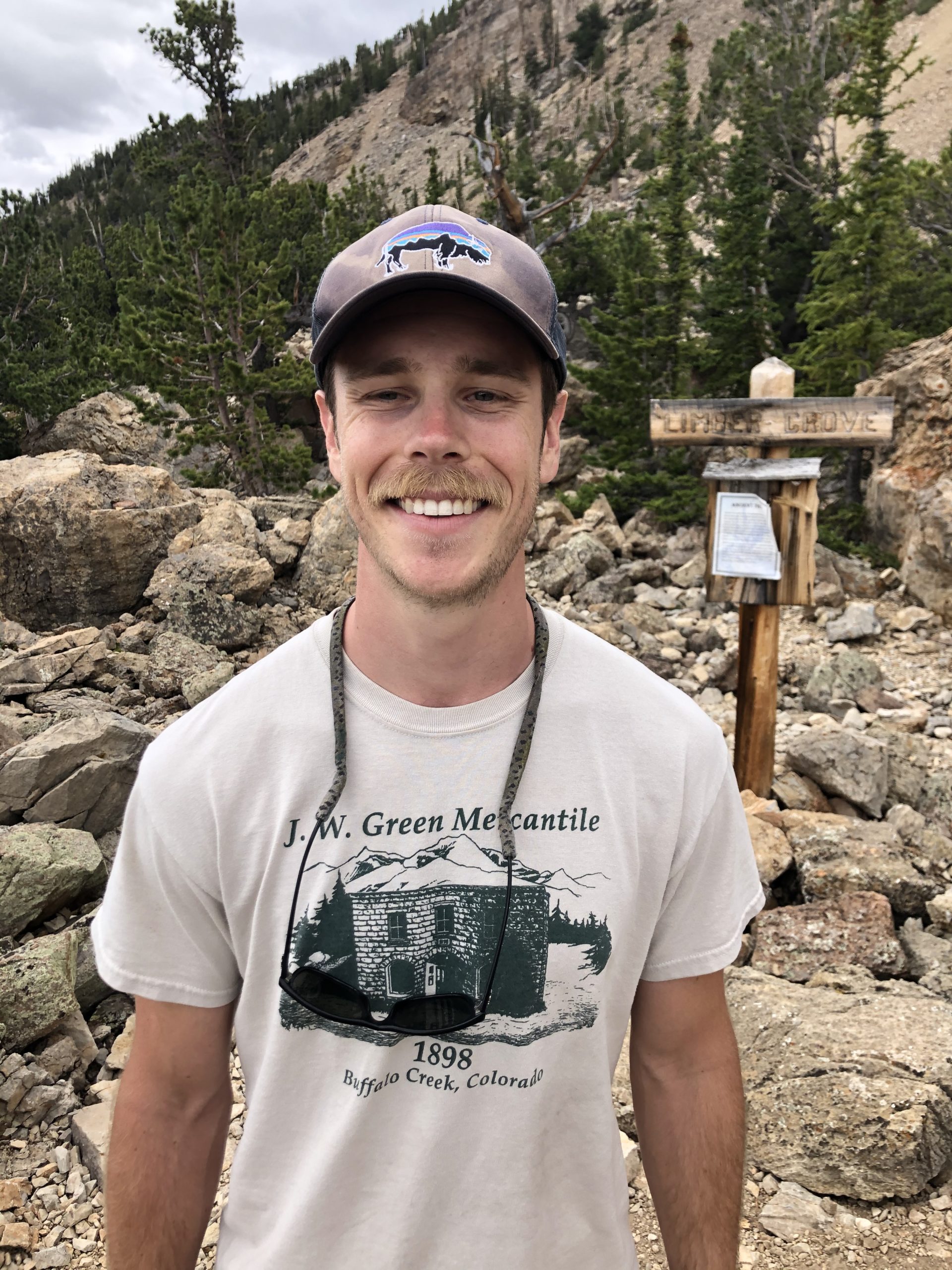
Garrett is interested in the many ways people interact with their environment, whether through climate change mitigation and adaptations, conservation and natural resource policy, gardening and agriculture, or outdoor recreation. While climate and environmental change are major threats, he sees them as an opportunity to make our planetary communities more fulfilling, peaceful, and resilient. Garrett recently completed his PhD at the University of Colorado Boulder on the ecological impacts of climate change in Earth history, while also working on sociopolitical adaptations to climate change and science communications. In his free time, he gardens, plays drums, and hikes throughout the intermountain west.
Maddie Foster-Martinez
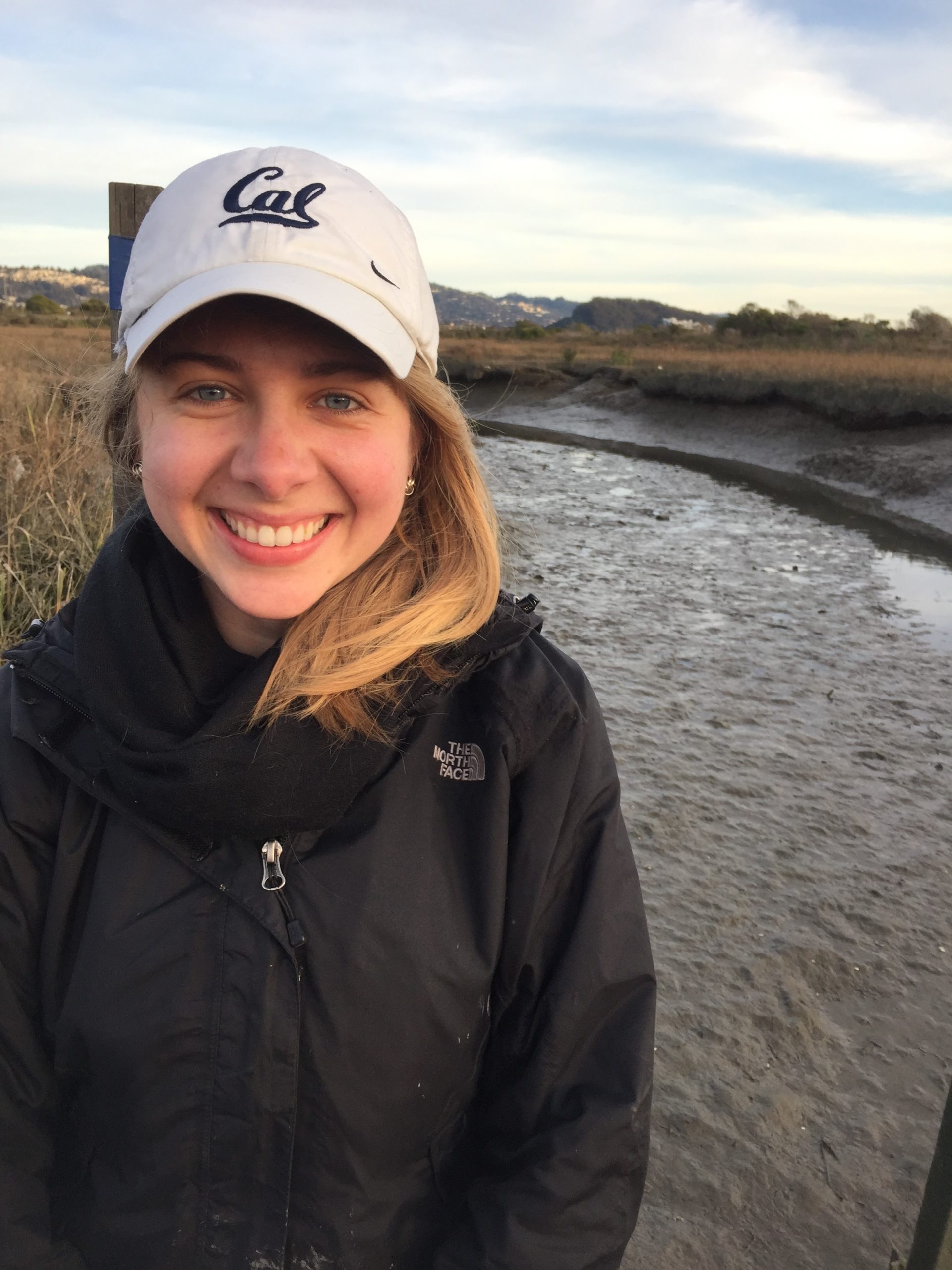
Maddie Foster-Martinez is a postdoctoral research associate with the Pontchartrain Institute for Environmental Sciences at the University of New Orleans. She studies wetland processes through field measurements and modeling and works to connect cutting-edge science with restoration designs and land management decisions. She is currently working on multiple coastal protection projects, including the Louisiana Coastal Master Plan, and teaching a virtual oceanography school in Ghana. As a New Orleans native, her passion for all things Louisiana drives her work and play. Maddie holds a BE from the Cooper Union and an MS and PhD from UC Berkeley.
Alexis Garretson
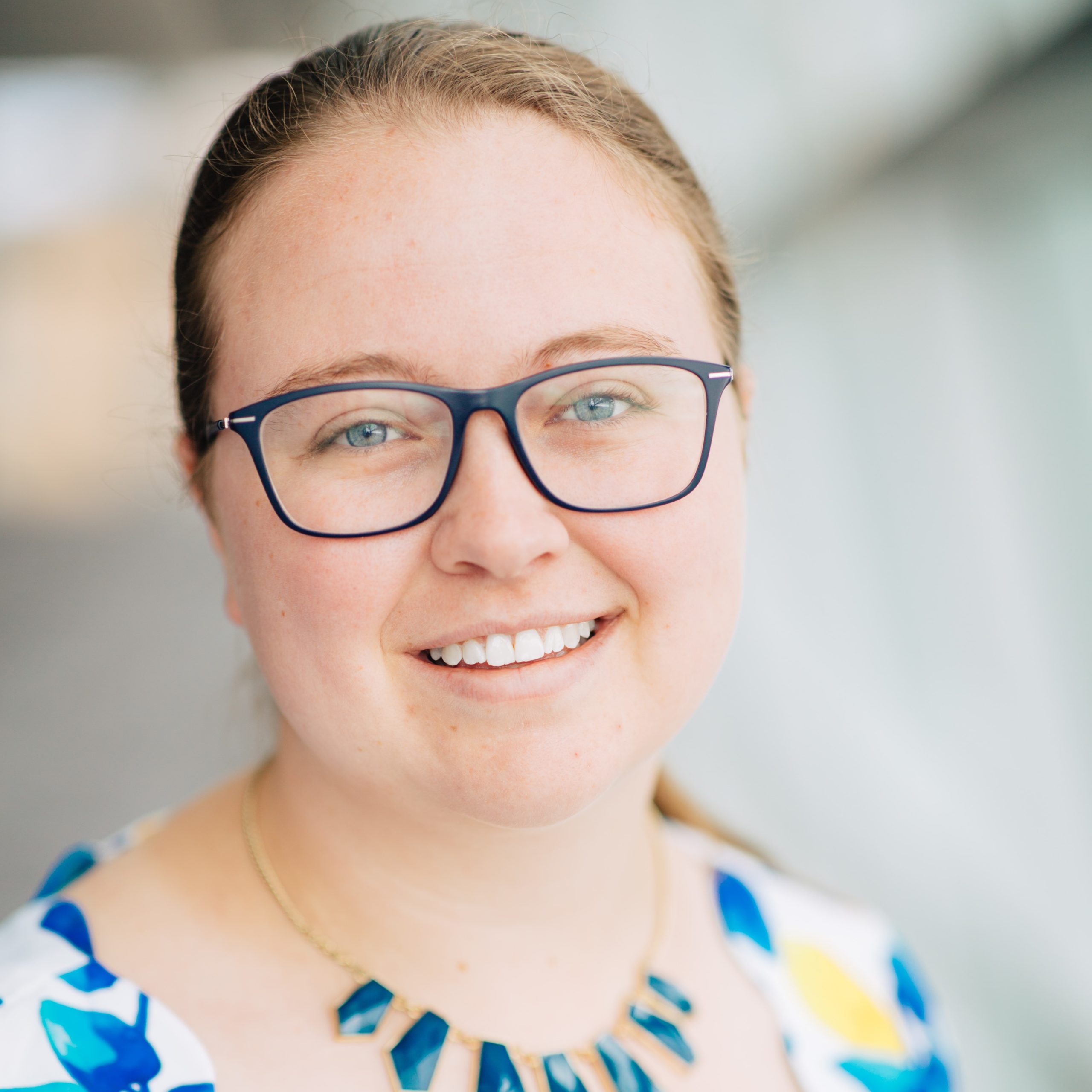
Alexis Garretson (she/her) is a National Science Foundation Graduate Research Fellow and a current Ph.D. student in the Tufts University and Jackson Laboratory collaborative genetics training program. Her research focuses on improving the stewardship of community science and natural history data while improving methods to incorporate these data into ongoing investigations into climate change, human health, and global change. For the past two years, Alexis has served as the Data Stewardship Community Fellow with the Earth Science Information Partners where she supports collaborative work to improve and synthesize leading practices in data management in the earth science community. Alexis received her B.S. in Environmental and Conservation Biology and her M.S. in Evolutionary Biology from George Mason University, where her thesis work focused on documenting changes in the phenology of maple trees over the past 200 years using community monitoring data and natural history collections. Outside of research work, she enjoys kayaking and hiking, while submitting and identifying observations on iNaturalist.
Kai Greenlees
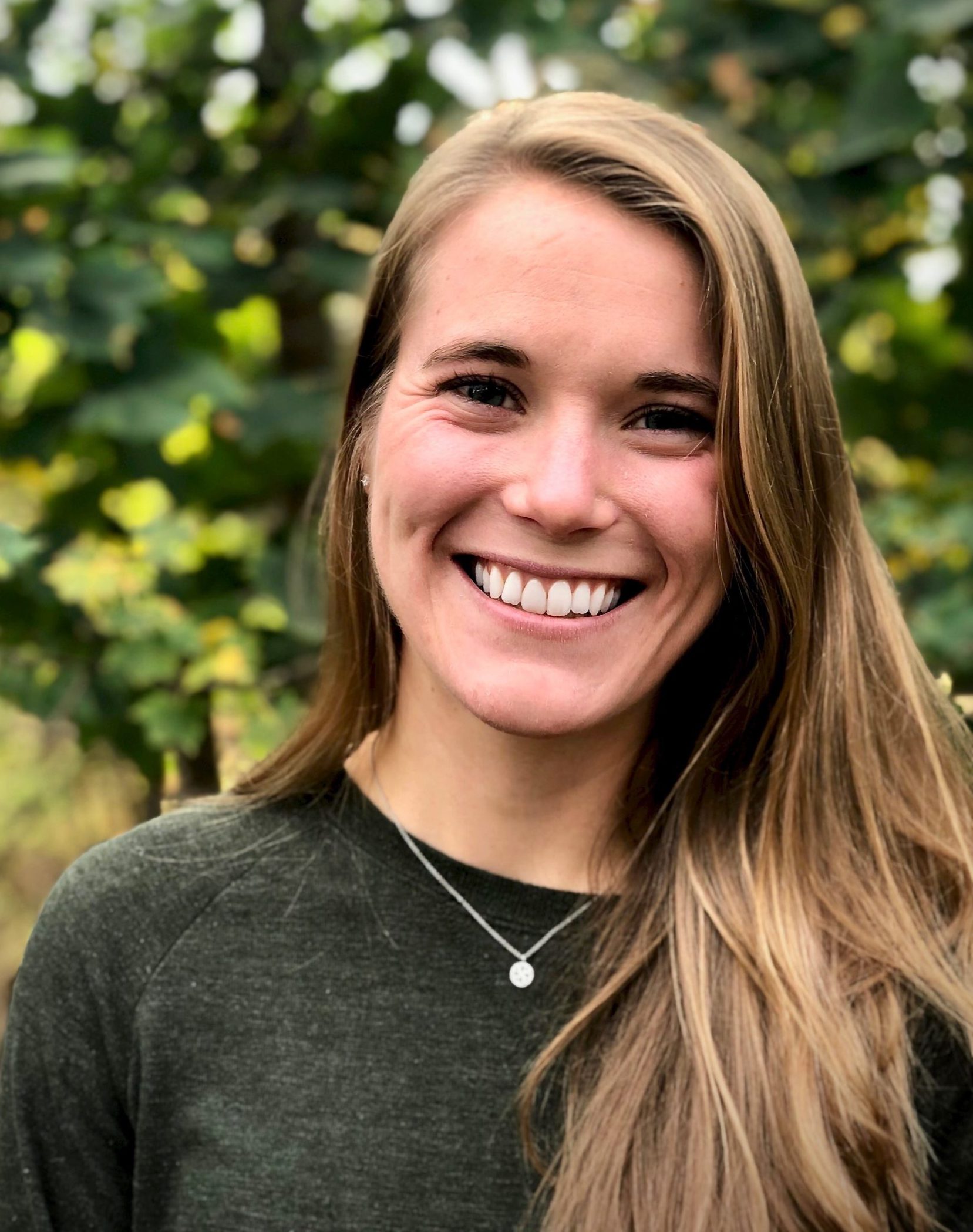
Kai Greenlees is a recent graduate from Vassar College, where she earned a B.A. in Environmental Studies and Psychology. This coming Fall Kai will be working towards an MRes in Sustainable Futures at the University of Exeter where she hopes to further her background in interdisciplinary environmental social science. Kai’s current research focuses on understanding and promoting community climate resilience with a social-ecological systems perspective. Past research has worked to understand how individual environmental risk perceptions influence and are shaped by broader community resilience. In her free time, Kai enjoys hiking, mountain biking, and rock climbing.
Todd A. Harwell
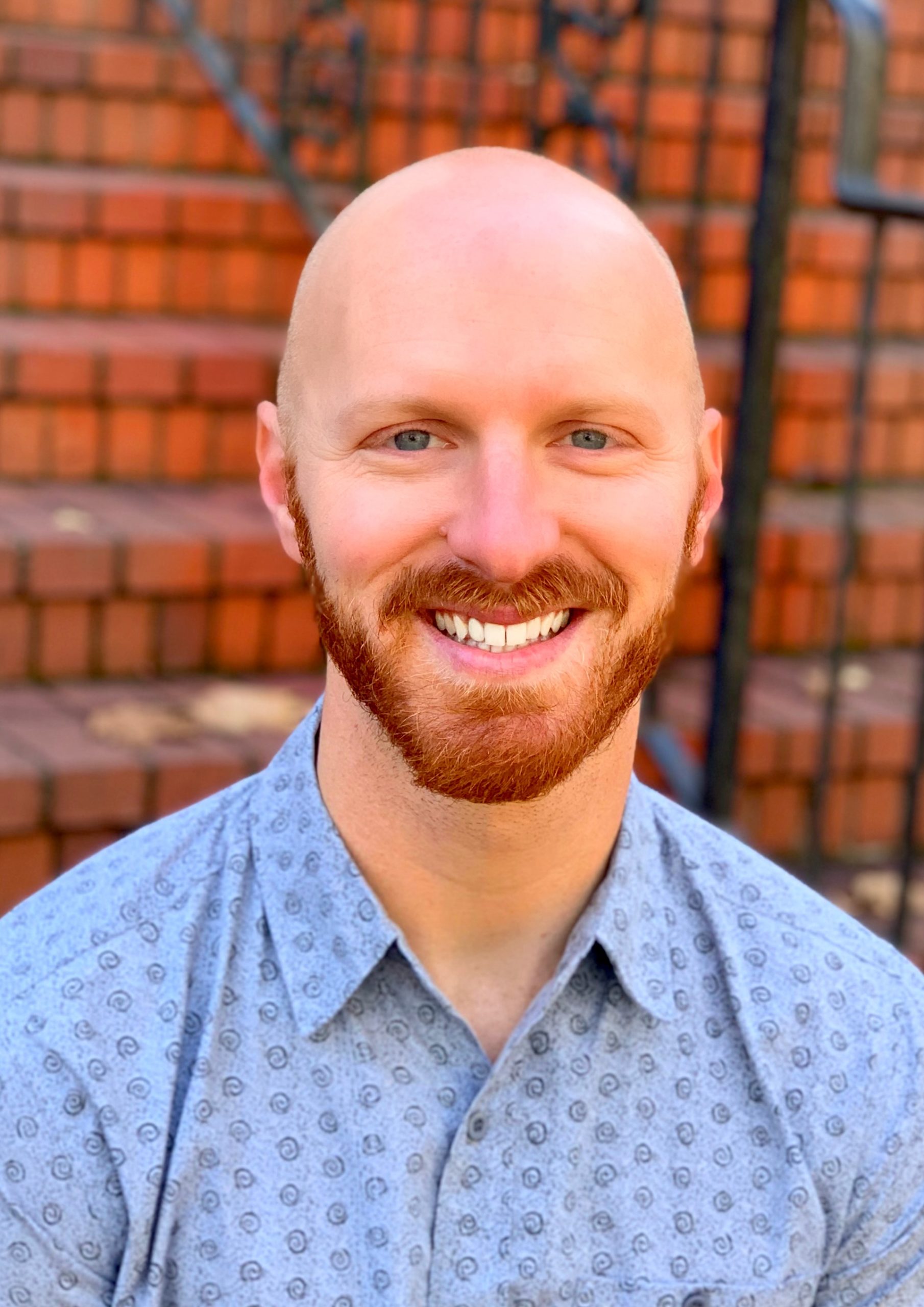
Todd A. Harwell (he/him) has a background in marine science, environmental education, teaching middle school through college-level science, and also served three years as a Peace Corps Volunteer in the coastal desert of Perú. He continues to engage in interdisciplinary work as a PhD candidate in the Environmental Sciences Graduate Program at Oregon State University with his research exploring how citizen and community science programs contribute to the science identity development and community cultivation of project volunteers with a focus on the LGBTQ+ volunteer experience. Beyond academic life, Todd enjoys exploring the natural wonders of the Pacific Northwest as well as discovering a plethora of Portland, Oregon’s urban quirks, in addition to spoiling his feline son, Keshito.
Zavia Jenkins
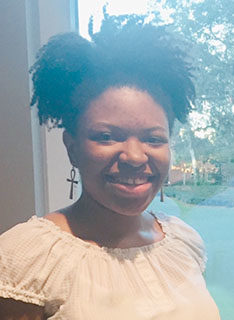
Zavia Jenkins was born in Chesapeake, Virginia and grew up in Nassau County, Florida. In May 2020, Zavia graduated from Stetson University, earning her Bachelor’s Degree in Aquatic and Marine Biology with a minor in Digital Arts. Zavia’s interest in Marine Biology stems from her heritage as a descendant of the Gullah/Geechee people who have lived along the coastlines and Sea Islands from Jacksonville, NC to Jacksonville, FL since their days as enslaved Africans. Through her association with the Gullah/Geechee Nation, Zavia recently assisted University of Minnesota undergraduate and graduate students in their exploration of climate impacts and resilience among Gullah/Geechee people. In her studies at Stetson, Zavia conducted research on antlion behavior and duckweed growth, and she presented her senior research on the effects of catfish feces on the nutrient budget of the Volusia Blue Spring. As a coastal resilience intern, Zavia worked with the St. Marys Riverkeeper on a coastline restoration project that assessed plant and animal diversity along the shore while establishing oyster beds as a living shoreline. Following her recent graduation from Stetson, Zavia’s free time is spent utilizing her Digital Arts minor to create music, art, and designs that invoke elements of her culture. Now, Zavia is continuing work involving cultural resilience within Gullah/Geechee communities, to restore healthy coastlines and encourage living traditions along the Sea Islands and in surrounding communities.
Sehdia Mansaray
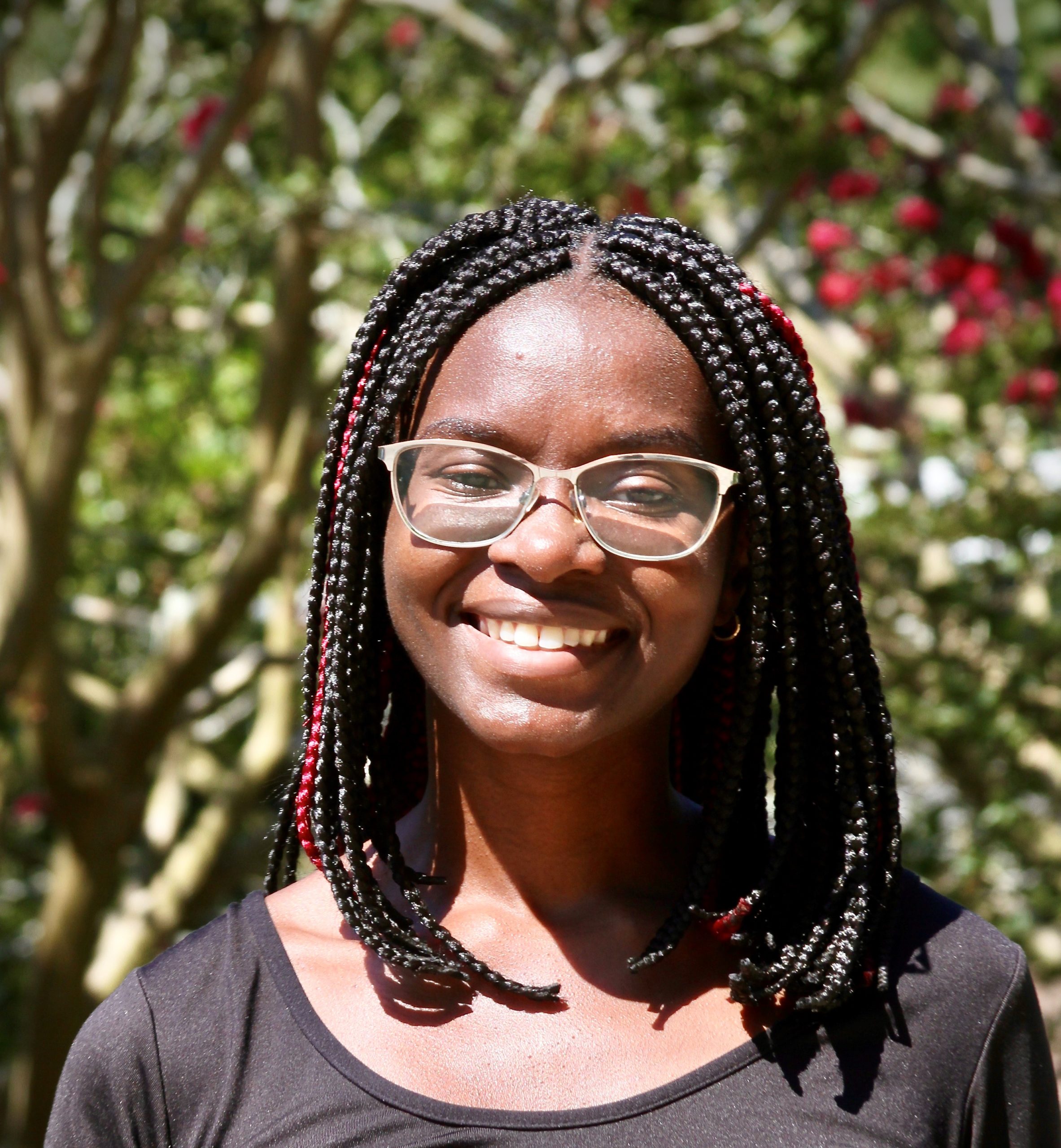
Sehdia Mansaray is a Master’s in Development Practice student at the University of Arizona. Her interests, grounded in understanding human-environment linkages, identity, and power to address food security, conservation, and community resilience, have directed her towards field work in environmental anthropology, geography, and agroforestry in Guatemala, Reunion Island, and Senegal. She is currently an Outreach Associate at the USA-National Phenology Network where she is partnered with the Arizona Association for Environmental Education and Arizona Master Naturalist Association to create more inclusive and equitable natural history programming in Tucson, AZ. She has a B.S. in Environmental Science, B.A. in Anthropology, and French minor from North Carolina State University. In her free time she gardens, plays guitar, dances, hangs out with family and friends, and binges mystery shows.
Tiffany Mouzon
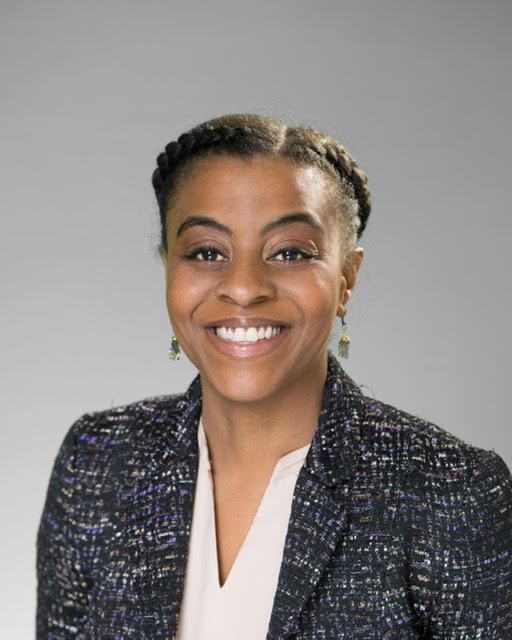
Tiffany Mouzon is a Director based in Atlanta, where she focuses on focusing on document review solutions nationwide for law firms and corporations, as well as contract attorney and support staff placements. Tiffany received her law degree from the University of the District of Columbia: David A. Clarke School of Law, and a B.A. in Economics from Emory University School of Law. During law school, she was an Equal Justice Rights Summer Fellow and a founding member of the Black Men’s Law Society. Between college and law school, Tiffany served in Suriname, South America with the Peace Corps, worked as a legal support professional, and nonprofit operational administrator. Prior to joining Cadence Counsel and Bridgeline Solutions, she worked as a nonprofit/community organizations consultant. In her free time, Tiffany enjoys spending time with her family and friends, and working in her community as a racial justice and disability rights advocate. She is a native Gullah/Geechee and an active member of the Gullah/Geechee Nation and the Gullah/Geechee Sustainability Think Tank.
Estenia Ortiz Carabantes
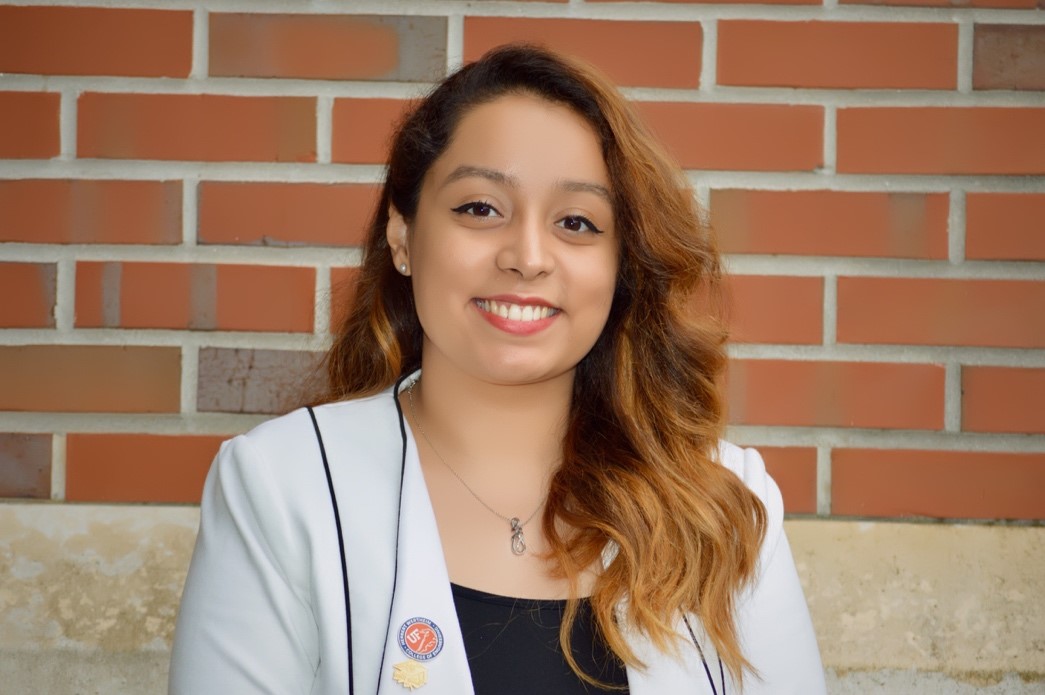
Estenia Ortiz Carabantes is an Environmental Engineering PhD student at the University of South Florida. Her research interests include water quality, water reuse for functional value-added products, food security and sustainable development. She recently received her Master of Science in Environmental Engineering at the University of South Florida which analyzed heavy metal uptake by locally cultivated edible seaweed in Belize and potential health impacts. Her research also used a systems thinking approach to assess the food, energy, and water system nexus of seaweed farming and how it influences local livelihoods. Estenia received her Bachelor of Science in Environmental Engineering from the University of Florida where she conducted research investigating the removal of mercury from water using modified powdered activated carbon. Currently as a STRONG Coasts and GAANN fellow, Estenia is building skills in systems modeling, global competency, interdisciplinary collaboration, science communication, and science policy. In her free time, Estenia enjoys cycling, running, gardening, and painting.
Urooj Raja
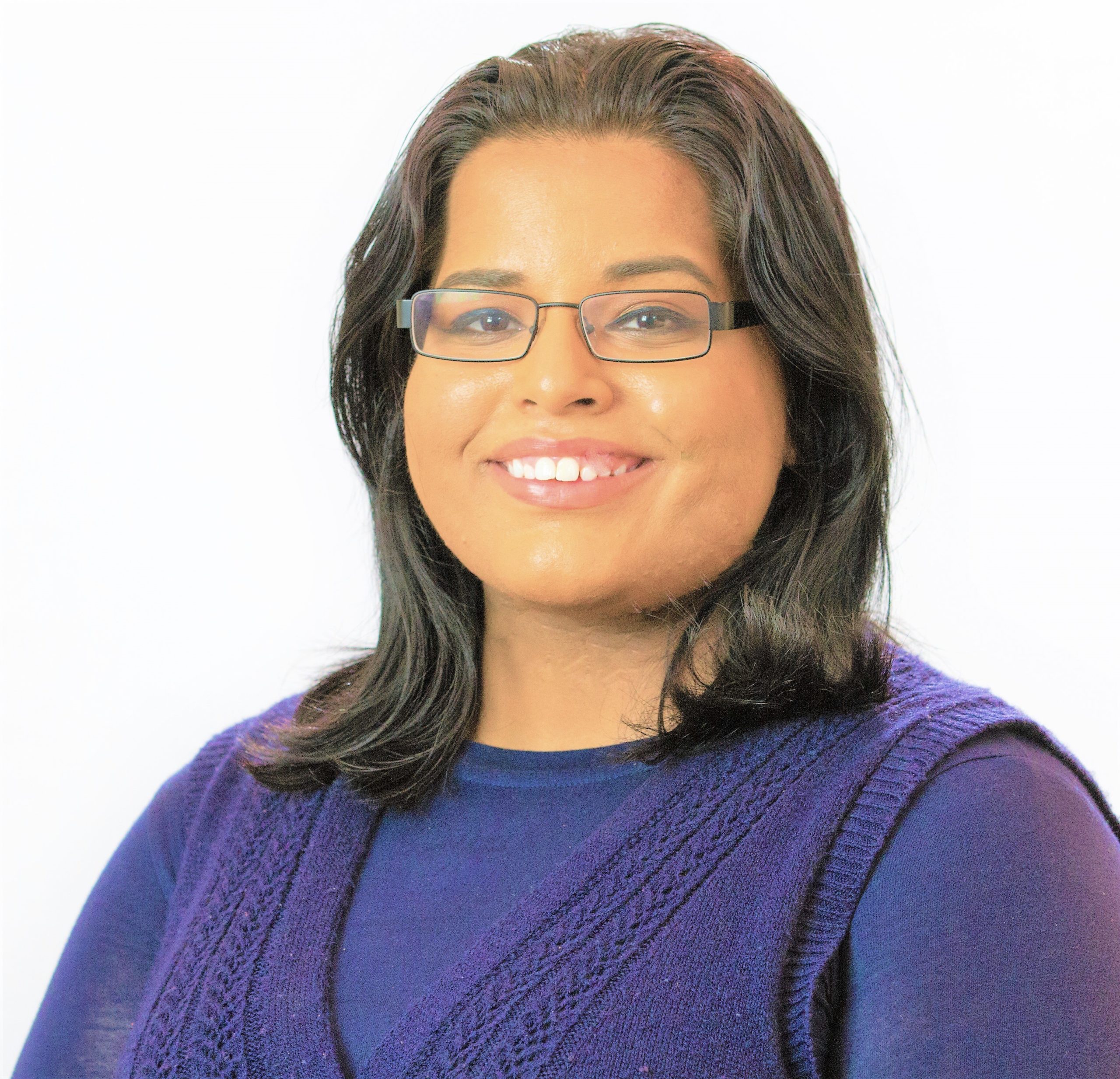
Urooj Raja is a doctoral candidate in environmental studies at the University of Colorado at Boulder, where her dissertation research examines how immersive technologies such as virtual reality could be harnessed to devise innovative communication solutions to ‘wicked’ problems like climate change. Her broader work centers on the human dimensions of climate change. Urooj has worked as a humanitarian adviser at the United Nations, as a Research Analyst at Climate Central and did a stint at the Pew Research Center and the U.S House of Representatives in Washington, D.C. Urooj Raja also served as an instructor in Columbia University’s Community Impact initiative, the Harlem Children’s Zone and also as a staffer for a New York State Assembly member. She is the recipient of a 2016 National Science Foundation Graduate Research Fellowship (NSF GRFP) and the 2016 Environmental Fellowship from the University of Michigan’s School of Natural Resources and the Environmental Grantmakers’ Association. Recently she was one of 10 recipients nationwide awarded the Katherine S. McCarter Graduate Student Policy Award from the Ecological Society of America (ESA). Raja’s research has also been featured in The New York Times, The Washington Post and used by The United States Global Change Research Program (USGCRP). Urooj has a Masters in Sociology (with a focus on environmental sociology) from the University of Colorado Boulder and has a Bachelor with honors in history from Princeton University. She is originally from Bronx, NY and is an avid Yankees fan.
Aradhana Roberts

Aradhana Roberts is a PhD Candidate at Lund University, Sweden at the Department of Physical Geography and Ecosystem Science. Being raised and brought up in the foothills of the Himalayas in India, her passion for integrating environmental science research and human development was instilled. Further leading her to complete her undergraduate and graduate degrees in the United States in Environmental Science and Policy. Currently for her PhD research she has set up 25 study sites around the world to understand the effects of forest management. Specifically looking through the lens of insect feeding patterns to detect carbon and soil nutrient cycling in forests with fires, logging and drought globally. Together this research furthers our understanding of how changes in forest disturbances will impact the carbon budget and improve our modelled representation of forest-climate interactions now and in the future. Aradhana’s ultimate goal is to apply ecological research for the benefit of our communities and natural resources sustainably.
Heidi Steltzer
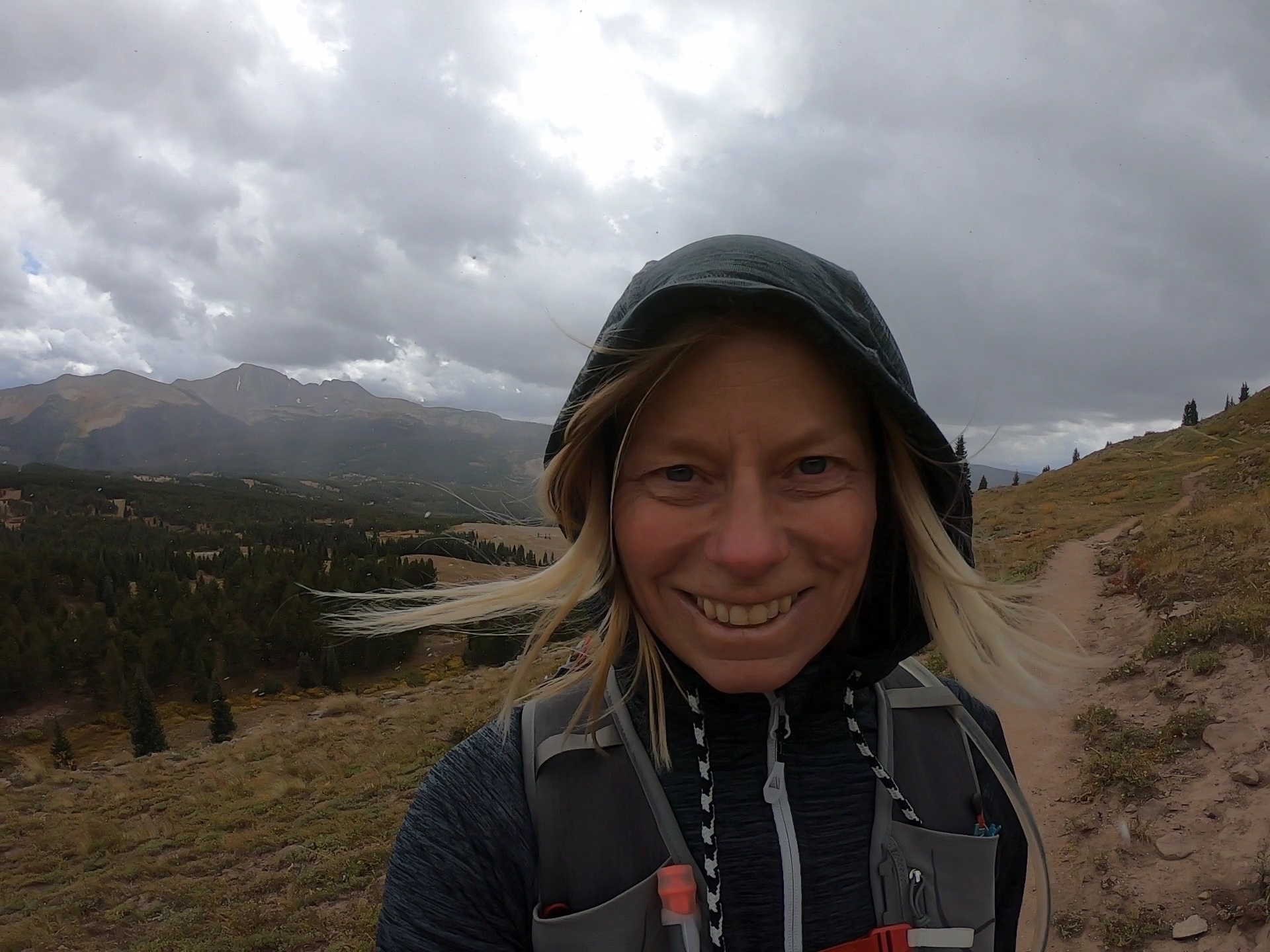
Dr. Heidi Steltzer is a mountain and Arctic scientist, explorer, and science storyteller. She has spent 25 years conducting field studies on mountain and Arctic hillslopes in Colorado, Alaska, Greenland and recently China to understand how healthy ecosystems provide for human well-being. She’s pioneered studies on the impacts of earlier snowmelt through experimentally accelerating snowmelt and monitoring plant and ecosystem responses. Dr. Heidi Steltzer is a lead author for the chapter on High Mountain Areas in the 2019 IPCC Special Report on the Oceans and Cryosphere in a Changing Climate. In January 2020, she testified before the US House Committee on Science, Space and Technology about the Climate Crisis. Heidi is a professor of Environment and Sustainability, and Biology at Fort Lewis College, Durango, CO. Find her on social media @heidimountains.
Katherine Swensen
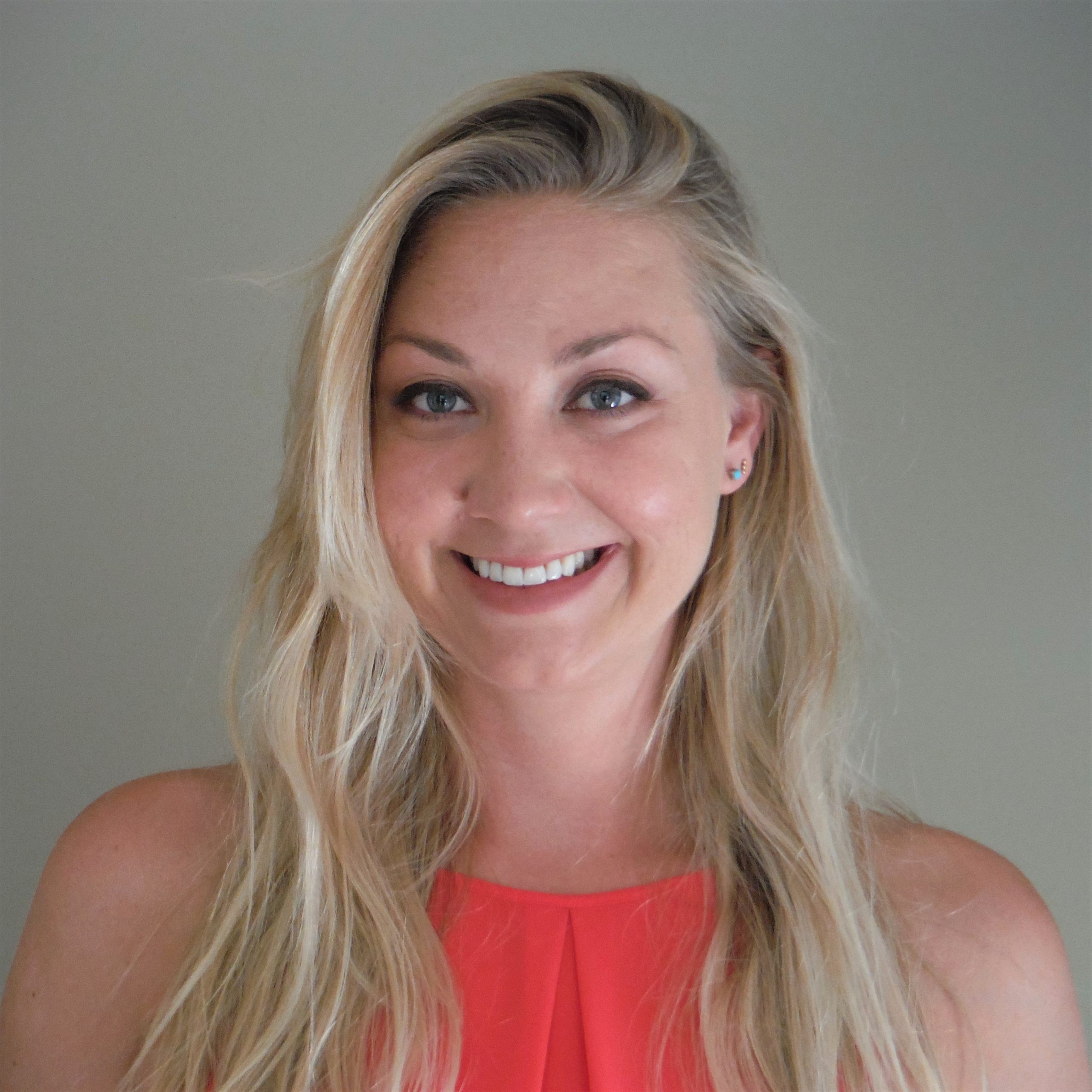
Katherine Swensen is an Environmental and Natural Resource Science Ph.D. candidate at Washington State University, Vancouver. Her research currently focuses on forest hydrologic recovery following a decade of novel, short-interval wildfire events in a formerly moist, mixed-conifer forest. Katherine holds a M.S. in Geological Sciences from the University at Buffalo and a B.S. in Environmental Science and Management from University of California, Davis. She is also actively involved with the Northwest Climate Adaptation Science Center (NW CASC). She previously served as a NW CASC Actionable Science Fellow and is an assistant lead in the Policy and Human Dimensions working group for the NW CASC Deep Dive 2020 on climate-wildfire-vegetation change dynamics. In addition to her passion for ecohydrology research and becoming more involved in knowledge co-production, Katherine enjoys gardening, hiking, fishing, and swimming with her partner and two dogs.
Jessica Tran
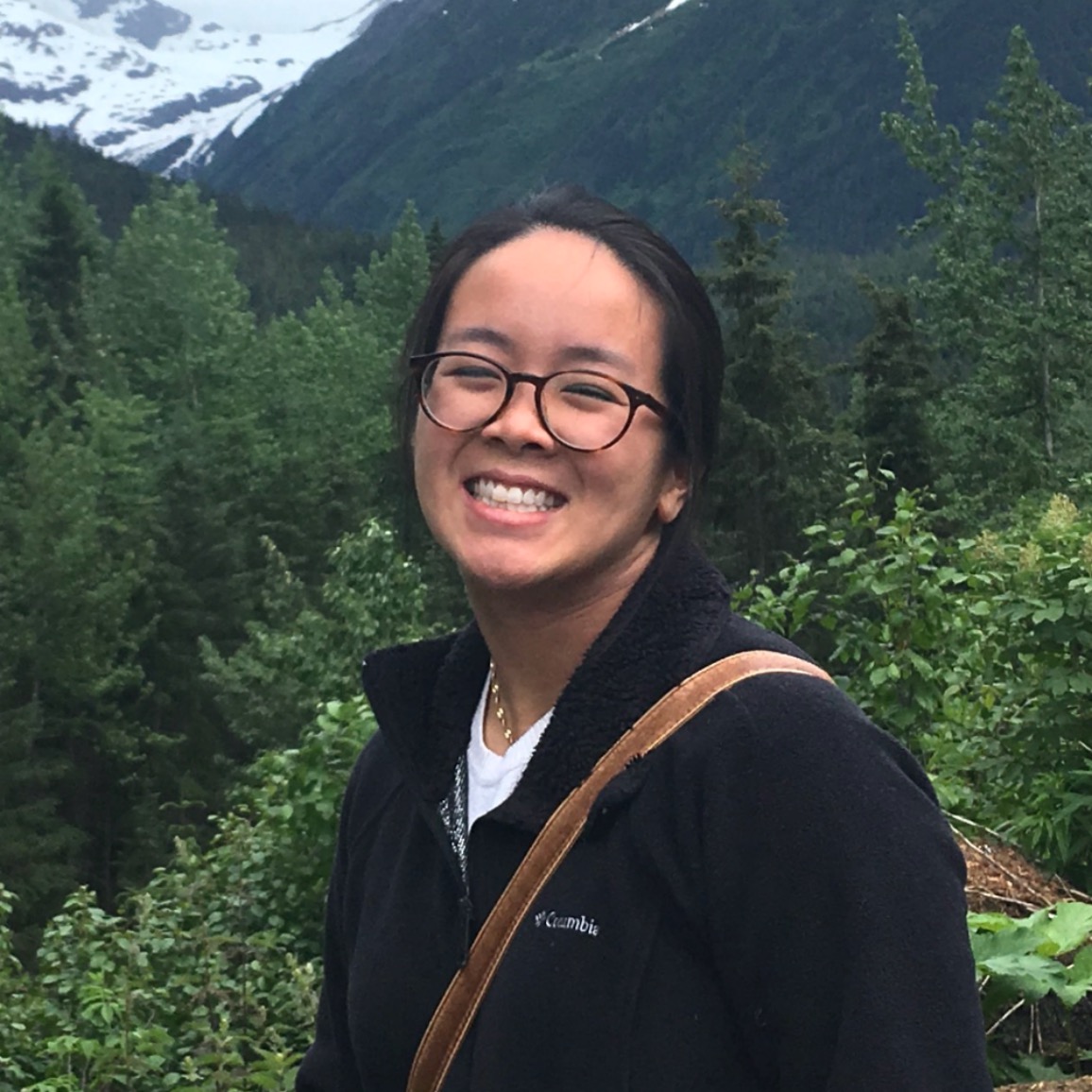
Jessica Tran graduated in 2019 from Stony Brook University with a B.A. in Environmental Design, Policy, and Planning and a minor in Coastal Environmental Studies. She is interested in the intersection of coastal sustainability, environmental justice, and climate justice. Her previous experiences include researching community perceptions of climate change with the St. Paul Tribal Government’s Ecosystem Conservation Office, analyzing managed retreat policies through Stony Brook University’s Sustainability Department, and examining traditional ecological knowledge’s role in the southwest as a Doris Duke Conservation Scholar at Northern Arizona University. Jessica’s passion for her work stems from her identity as a first generation Asian American, and she finds resilience and strength in community, oceans, and art.
Claire Zarakas
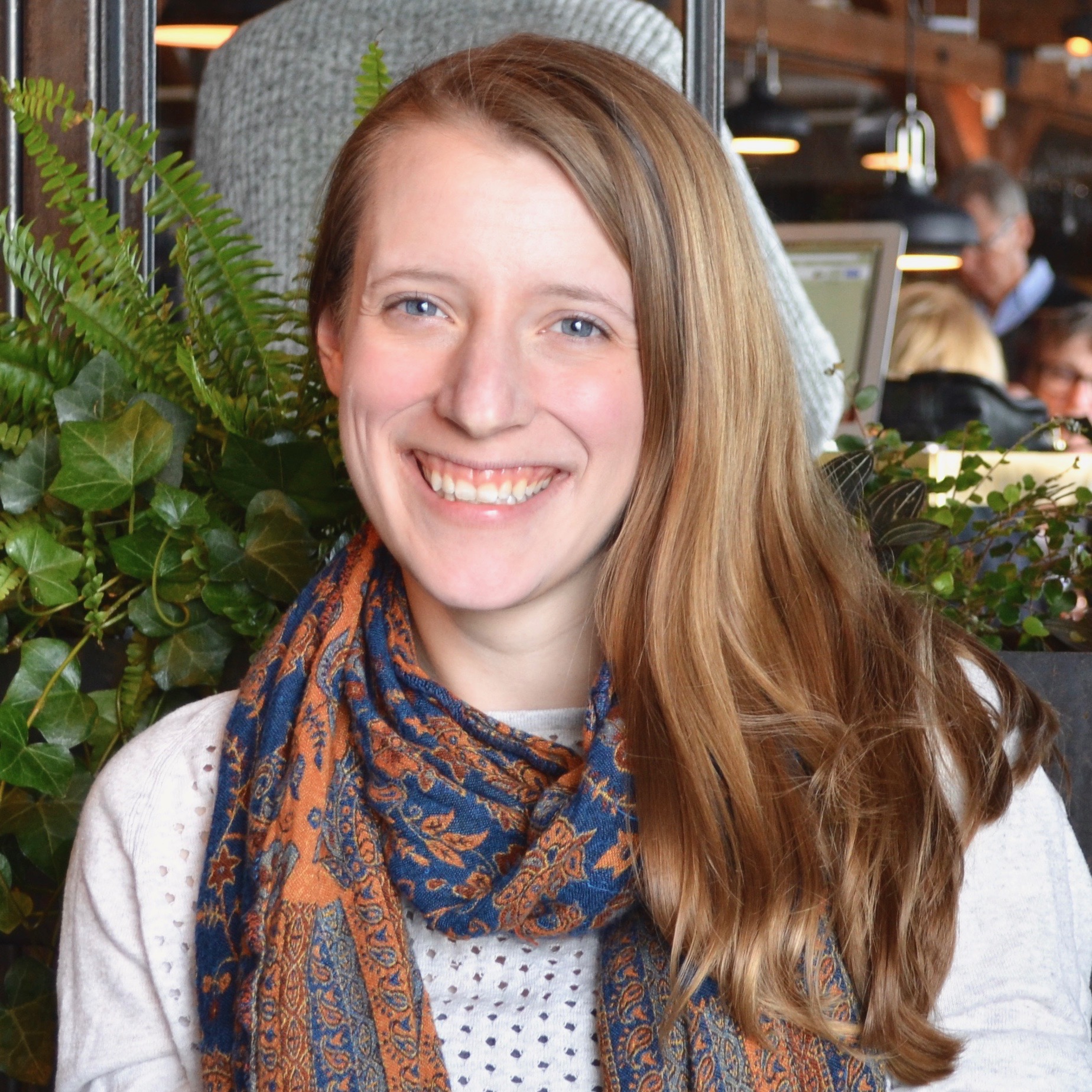
Claire Zarakas is an Atmospheric Sciences PhD student and DOE Computational Science Graduate Fellow in the Ecoclimate Lab at the University of Washington. Her research broadly focuses on interactions between terrestrial ecosystems, land use, and climate. She is also interested in climate policy and environmental justice, and she is committed to promoting diversity, equity, and inclusion in STEM. Prior to joining the Ecoclimate Lab, she worked at a public sector consulting firm where she conducted research to inform climate mitigation and adaptation policies. She graduated from Princeton University in 2016, where she was a NOAA Hollings Scholar and Geosciences major.

